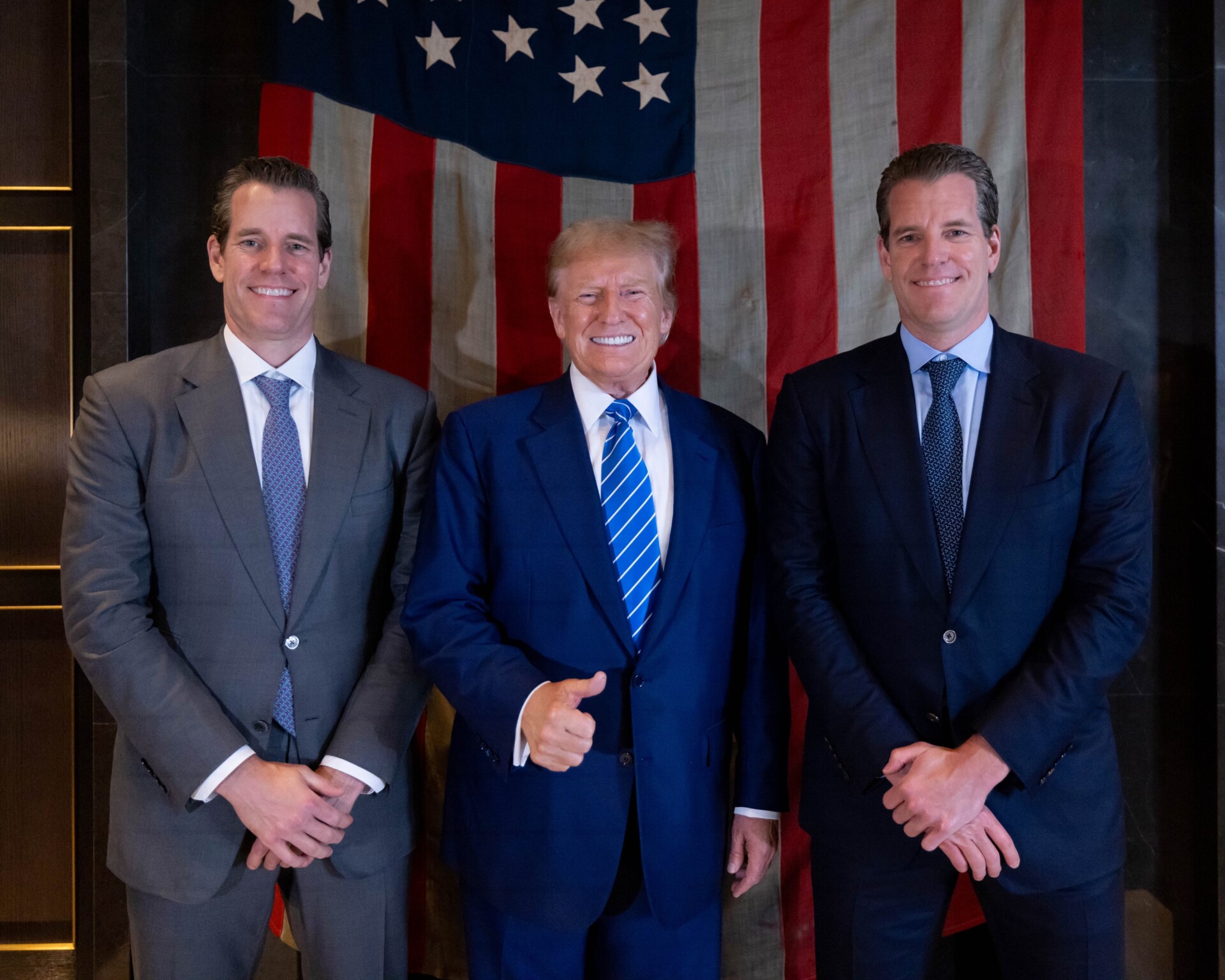In the unfolding legal drama of Binance, the world’s leading cryptocurrency exchange, the U.S. Securities and Exchange Commission (SEC) has emerged as an unlikely victor. At least according to former SEC official John Reed Stark.
This outcome comes despite the SEC’s absence from the recent high-profile settlements involving Binance CEO Changpeng Zhao, commonly known as CZ.
The settlements with the U.S. Department of Justice, Commodity Futures Trading Commission (CFTC), and Financial Crimes Enforcement Network (FinCEN) have paved the way for the SEC to leverage this scenario to its advantage.
A Strategic Absence
While the SEC was conspicuously absent from the recent press conference announcing Binance’s settlements, this does not imply a lack of interest or victory on their part.
On the contrary, the SEC now possesses a wealth of incriminating evidence against Binance, stemming from the company’s admissions in the DOJ Plea Agreement and the FinCEN Consent Order.
This evidence provides the SEC with powerful ammunition to bolster its own investigations and litigation efforts against Binance. The actions taken by the DOJ, FinCEN, and CFTC have inadvertently benefited the SEC, offering them a trove of evidentiary support.
The independent monitorships mandated by these settlements will likely unearth continuous inculpatory evidence, which the SEC can utilize for its investigative purposes.
Additionally, these monitorships will maintain a stringent watch over Binance’s operations, potentially exposing more areas of non-compliance.
The Ripple Effect on Binance and the Industry
The legal drama surrounding Binance has led to significant changes within the company. Following his guilty plea, CZ has stepped down as CEO of Binance, taking responsibility for past mistakes and signaling a new chapter for the company.
Richard Teng, with his extensive background in financial services and regulatory experience, has been appointed as the new CEO.
Teng’s focus on maintaining collaborative relationships with global regulators and driving growth in Web3 indicates Binance’s commitment to navigating the evolving landscape of cryptocurrency regulation and user needs.
CZ’s departure and guilty plea, combined with Binance’s settlement with U.S. authorities, mark a pivotal shift in the cryptocurrency sector, highlighting the changing dynamics of regulatory compliance in the industry.
Under Teng’s leadership, Binance aims to reinforce its commitment to security, user protection, and regulatory compliance, positioning the exchange to face the future with a renewed focus.
In essence, the SEC’s absence from the Binance settlements has, paradoxically, positioned it for a significant win. The SEC can now capitalize on the wealth of evidence and increased regulatory oversight resulting from the DOJ, FinCEN, and CFTC actions.
As the crypto community watches Binance embark on this new journey under Teng’s leadership, the implications of these developments extend far beyond the company, setting a precedent for the future of cryptocurrency exchanges worldwide.





